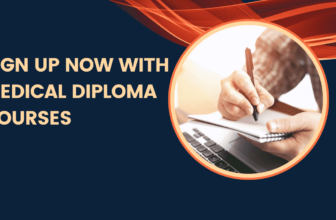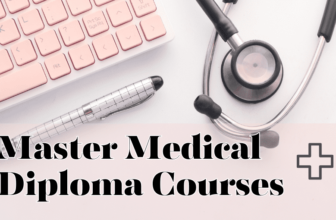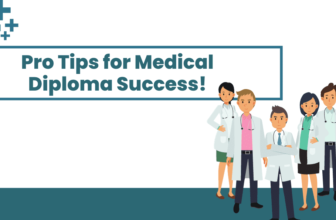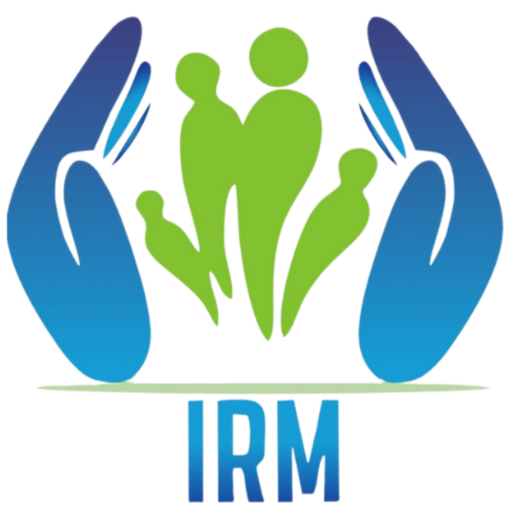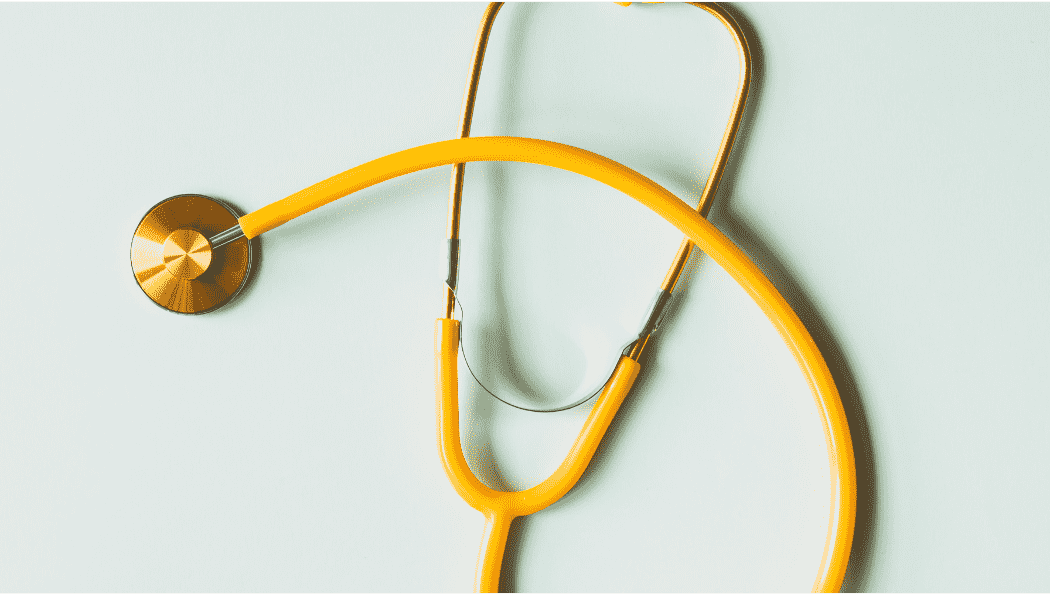
Medical diploma courses are not only a quicker path into healthcare but also a transformative journey that can change lives, including your own.
Table of Contents
The Importance of Medical Education
Filling the Gaps in Healthcare
As the healthcare industry evolves, there’s an increasing need for specialized roles. Medical education is crucial in training professionals to fill these gaps. This is why Medical Diploma Courses Change Lives.
Innovations and Advances
Through education, we develop the skills needed to adapt to technological advances, keeping the healthcare system effective and up-to-date.
What Are Medical Diploma Courses?
Definition
Medical diploma courses are specialized training programs that focus on a particular aspect of healthcare.
Types of Courses
From phlebotomy to medical coding, the options are extensive and can cater to various interests and aptitudes.
Why Choose a Diploma Over a Degree?
Time Commitment
Unlike degrees, which can take years, diplomas can be earned in a matter of months, allowing you to dive into the workforce sooner. This is why Medical Diploma Courses Change Lives.
Financial Aspects
Generally, diploma courses are less expensive, providing an economical route into the medical field.
Specialization
Diplomas offer focused training, ensuring you’re job-ready in a specific sector of healthcare.
How Do Medical Diploma Courses Change Lives?
Transforming Students
These courses not only equip you with skills but also boost your confidence and employability.
Changing Patients’ Lives
With specialized training, you’re better prepared to make accurate diagnoses and deliver effective treatments.
Societal Benefits
Specialized healthcare workers contribute to societal well-being by offering targeted services.
Real-World Examples
Case Studies
Consider Jane, who became a medical lab technician and discovered a faster method of processing blood tests, reducing patient anxiety. This is why Medical Diploma Courses Change Lives.
Testimonials
Or Mark, a medical coder who streamlined billing processes, making healthcare more accessible for low-income families.
The Roadmap to Enrolling
Requirements
Most courses require a high-school diploma and some relevant experience or prerequisite courses.
Application Process
The process is often straightforward, involving an application form, an entrance test, and sometimes an interview. This is why Medical Diploma Courses Change Lives.
Career Prospects
Job Opportunities
From hospitals to private practices, the opportunities are vast.
Salary Expectations
While not as high as doctors, many roles offer respectable salaries and room for growth.
The Downsides
Challenges and Criticisms
Like any field, there are challenges such as staying updated with ever-changing medical codes or dealing with long working hours. This is why Medical Diploma Courses Change Lives.
Conclusion
Medical diploma courses offer a faster, specialized, and economical route into healthcare, bringing transformative changes to both the students and the broader society.
Practice Healthcare Skills: Why Our Diploma in Electrotherapy and Diploma in Physiotherapy Are Your Next Big Step – Discover More at IRMSC.
Frequently Asked Questions (FAQ’s)
How long do medical diploma courses typically last?
Most courses last from 6 months to 2 years, depending on the specialization.
Do I need prior medical experience to enroll?
Generally, a high-school diploma and some prerequisite courses are enough.
Is financial aid available for these courses?
Many institutions offer scholarships or financial aid programs.
How do these courses differ from certificate courses?
Diploma courses are generally more comprehensive and longer in duration.
Can I work while studying?
Yes, many programs offer flexible schedules to accommodate working students.


